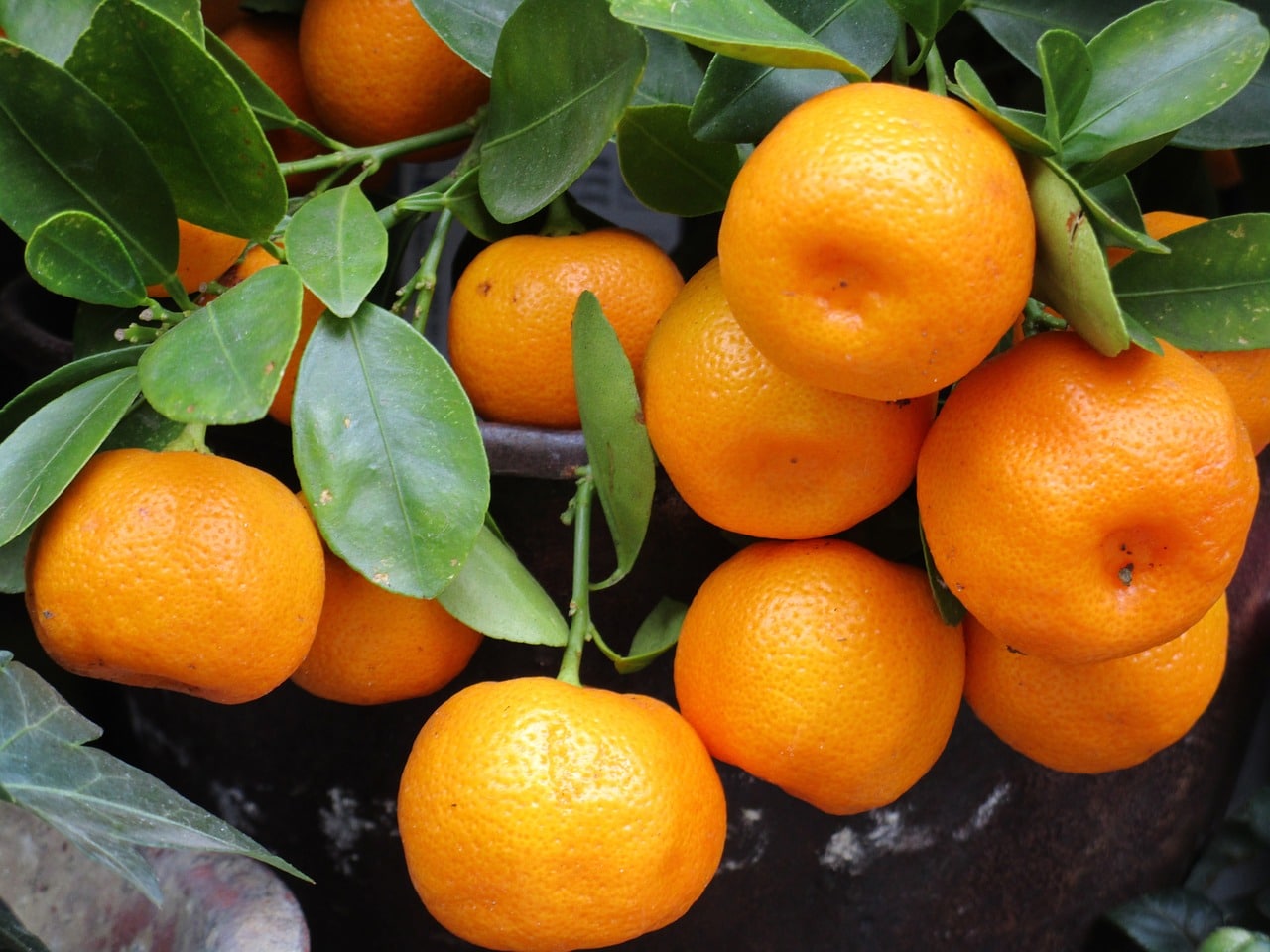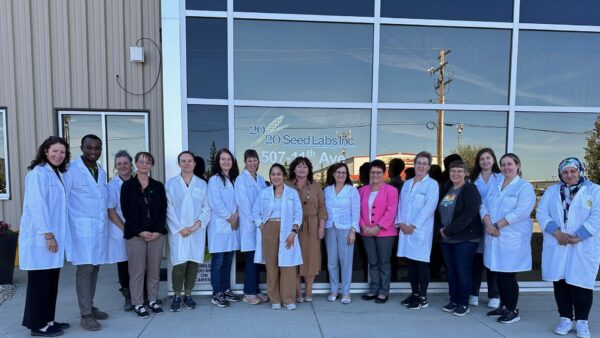Minister of Agriculture and Agri-Food Lawrence MacAulay and Minister of International Trade Chrystia Freeland announce that the European Union (EU) has voted in favor of expanding the current scope of the Canada-EU Organic Equivalency Arrangement.
_x000D_
Canadian certified organic processed products that include imported ingredients will now also be covered by the arrangement and will no longer require costly and time-consuming double certification. The expanded scope of the arrangement will also include mutual recognition of EU and Canadian organic wine standards as being equivalent._x000D_
_x000D_
Some administrative steps remain before the amended EU regulation comes into force. It is anticipated that the regulation will be published in the EU Official Journal by the end of March 2016. The EU regulation enters into force seven days after its official publication, at which time the revised Canada-EU Equivalency Arrangement will also come into force._x000D_
_x000D_
In June 2011, Canada and the EU entered into an arrangement that deemed their respective certification systems equivalent for organic agricultural products (food, feed, and seed)._x000D_
_x000D_
The Canadian Organic Trade Association estimates the EU market for organic products to be worth approximately 23.9 billion Euros and is the second largest organic market in the world._x000D_
_x000D_
“This is long-awaited and exciting news for our sector. Strengthening Canada’s export opportunities with EU countries just took a strong step forward with recognition of Canadian Organic Regime (COR) certified organic products with ingredients from all approved suppliers,” says_x000D_
_x000D_
“This is long-awaited and exciting news for our sector. Strengthening Canada’s export opportunities with EU countries just took a strong step forward with recognition of Canadian Organic Regime (COR) certified organic products with ingredients from all approved suppliers,” says Dag Falck, president of the Canada Organic Trade Association.












